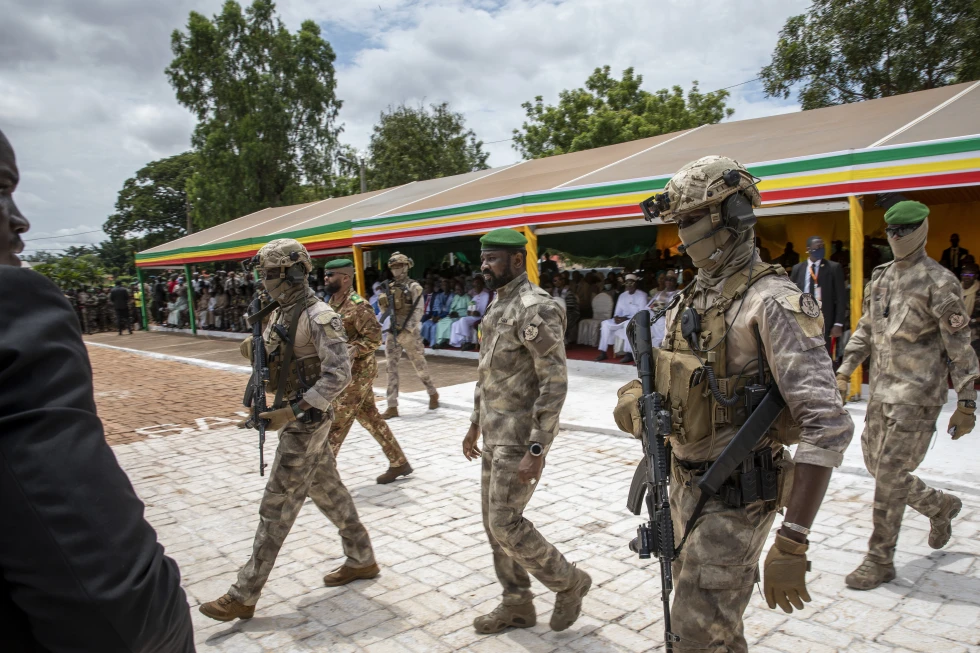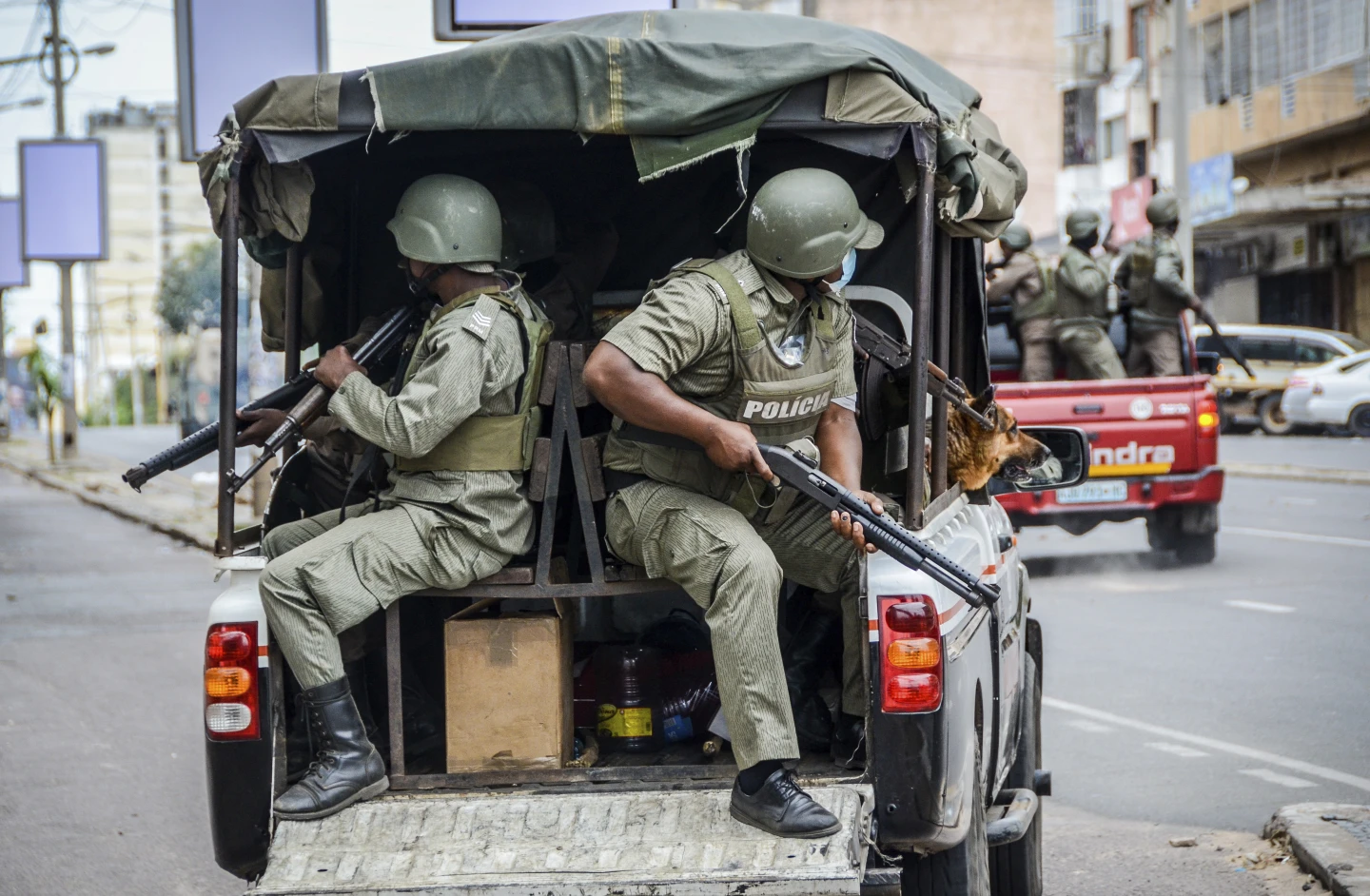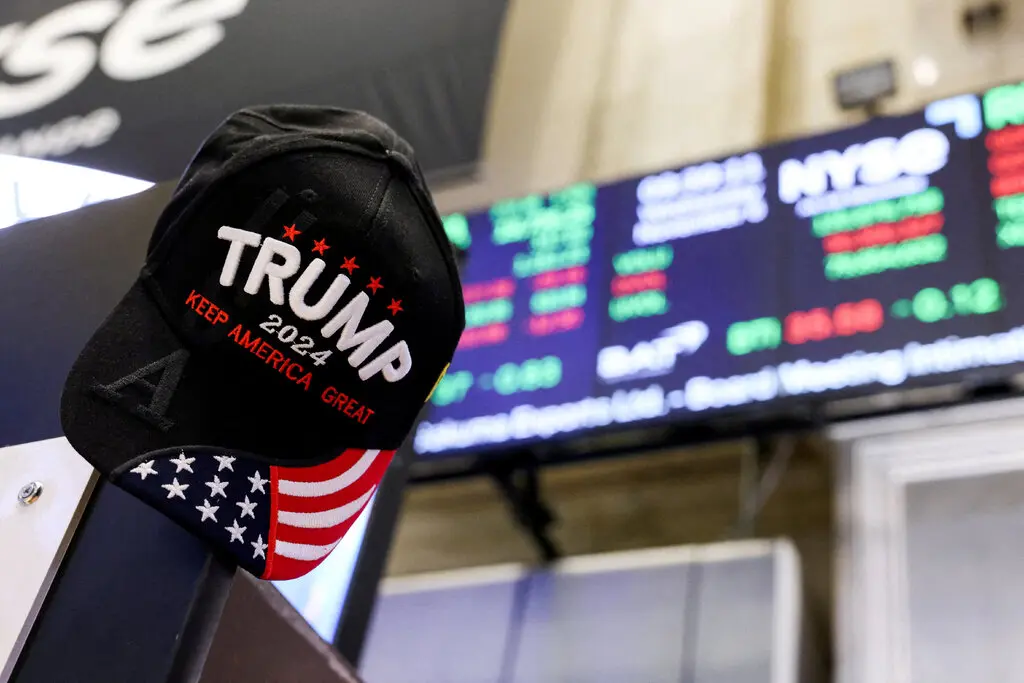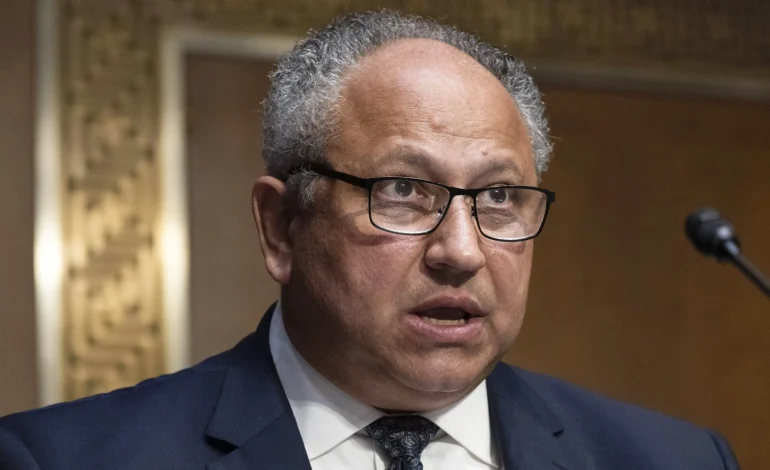The US Office of Special Counsel has determined that Navy Secretary Carlos Del Toro violated the Hatch Act by publicly endorsing President Joe Biden and criticizing former President Donald Trump while on official duty overseas, The Associated Press reports.
The watchdog agency, in a report submitted to the White House, found that Del Toro’s comments about the presidential election occurred during a BBC interview and in response to questions following a speech in London. While he later self-reported the remarks, his unwillingness to acknowledge a violation and take responsibility for them has been deemed troubling by the special counsel.
The Hatch Act prohibits US officials from engaging in political activity while on duty, specifically barring them from using their official authority or influence to interfere with an election.
Del Toro, in his comments made before Biden officially withdrew from the presidential race, directly criticized Trump’s approach to democracy.
“We cannot afford to have a president who aligns himself with autocratic dictators and rulers whose interpretation of democratic principles is suspicious (at) best,” he said.
He further said that while previous Republican and Democratic presidents upheld core American values, “when you have someone who doesn’t align to those core principles, it makes you wonder, you know, should you be supporting that individual?”
Del Toro later claimed his intention was to focus on the importance of strong international alliances. However, the special counsel’s report concluded that he “crossed a legal line.”
Pentagon spokeswoman Sabrina Singh acknowledged the report’s findings and stressed the importance of maintaining public trust.
“It’s important that we maintain the trust and confidence of the American people, which requires us to avoid any action that could imply the support of any political party, candidate or campaign,” she said.
The Navy, in a statement, confirmed receipt of the report and said that the matter will be addressed through appropriate channels.
The findings come as two Democratic members of Congress recently expressed concerns about the military’s potential involvement in political activities during the upcoming presidential election.









